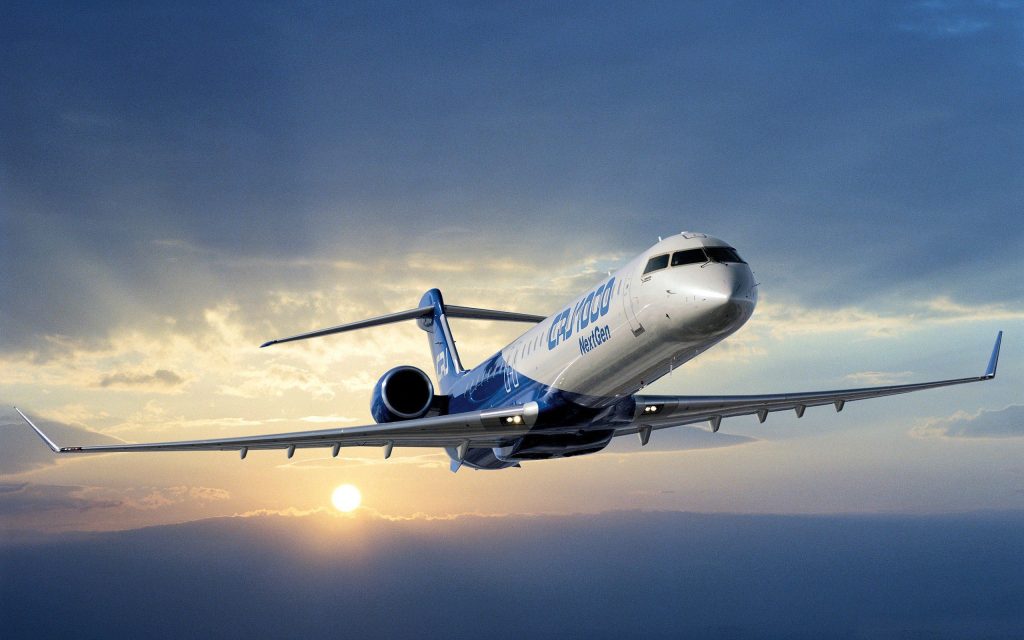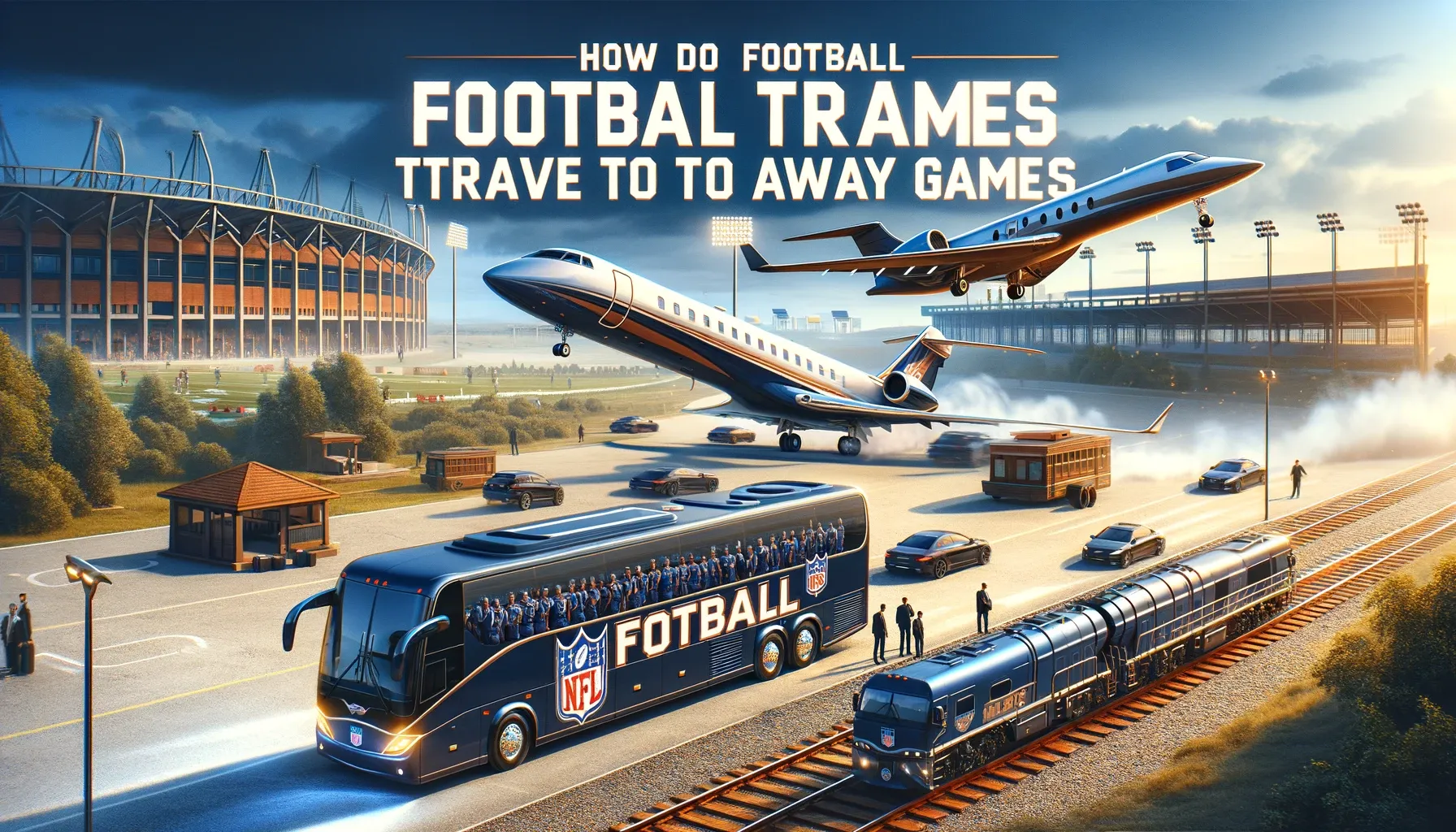If you are worried about how do football teams travel to away games? from transportation logistics, catering, and equipment management to pregame routines and more. A deep look into game day operations on the road.
Travelling to away game is a major part of life for football teams. With games scheduled all over the country, and sometimes even internationally, teams have to carefully plan their travel to ensure they arrive safely, comfortably, and ready to compete at the highest level. Here is an in-depth look at how do football teams travel to away games.
How do football teams travel to away games?
Planning the Trip

The team’s travel coordinator typically handles all the logistics of planning away trips. This includes choosing the mode of transportation, booking hotels, arranging meals, and organizing equipment shipment.
The first consideration is distance and location. Shorter trips under 5 hours can be done by bus, while plane travel is a must for long hauls across the country or overseas. The team’s schedule is also factored in – are they playing games on back-to-back weekends requiring extended stays, or is it a quick single-game trip?
Hotel selection is key. The team wants comfortable, spacious rooms in a quiet location so players can rest properly. Proximity to the stadium is ideal. The coordinator works with a preferred hotel partner to arrange a block of rooms and get the best rates.
Meals need to be healthy, energizing, and on a schedule fit for competing athletes. The team might choose to have catering delivered to the hotel, or private team dinners at restaurants. Snacks and drinks must be stocked on buses or planes. Specific player diets like vegan or gluten-free are accommodated.
Transportation Logistics For Football Team
Buses
For shorter road trips, teams travel in luxury coach buses decked out with comfortable reclining seats, WiFi, TVs, and bathrooms. Larger teams require multiple buses, including extra room for staff and equipment. Buses allow the freedom to stop as needed, and bonding time with teammates.
Bus drivers are experienced professionals capable of driving 10+ hours in a day safely. They follow regulations on maximum driving hours and required breaks. Buses typically leave 1 or 2 days before the game. The team might break up the drive with an overnight stay to minimize fatigue. Pit stops are built into the schedule.
Planes

The team airplane is the main mode of transportation for most away games. Charter flights allow direct travel on the team’s schedule. Jumbo jets are chartered for larger squads or two planes might be booked. Seating is spacious – first-class or luxury “sleeper” seats with extra legroom and reclining. Players have room to sleep or watch films. WiFi and entertainment systems are available onboard.
Charter planes let the team depart closer to game time. A typical away trip would have the team leaving on Friday for a Saturday game. Safety is a priority – experienced sports charter companies and pilots are used. Luggage and equipment travel in the cargo hold. Players bring essentials in carry-ons.
Upon arrival, teams head straight to their hotel. Bus rides from the airport are pre-arranged. Police escorts might be utilized to efficiently bypass traffic.
How does the team bus reach different countries?
So here is an answer to the question How does the team bus reach different countries? Sports teams, like football clubs, travel for matches. They use team buses, sometimes driving long distances or shipping the bus for faraway games. Luxury bus journeys, covering thousands of kilometers, are also popular. Companies like FlixBus make travel easy for teams and passengers.
Read also: how to apply for a free tablet from the government
Game Day Routine For Football Team
The away game routine is crafted to get players to the stadium comfortably, on time, and ready to perform. Police escorts are again employed for the team buses heading to the stadium on game day. Arrival times are set – generally 3 hours before kickoff for NFL teams.
At the stadium, the team moves into their designated locker room. Equipment is unpacked and game gear is prepared – uniforms, pads, helmets, tape, etc. Athletic trainers assist with stretching, massages, and medical treatment. A team chapel service is standard.
Next comes position meetings where coaches review film, the game plan, assignments, and scouting reports. A team pregame meal is served 2-3 hours before kickoff. The menu is high protein and carb-rich – chicken, pasta, and sandwiches. With under an hour to go, players dress and do more stretching.
When it’s time, the team emerges from the locker room for final warmups on the field. Fans serenade rivals with booming cheers and taunts. The stage is set for an intense gridiron competition.
Trip Home
Win or lose, the journey home starts immediately after. Buses depart the stadium right as the game ends or press conferences wrap. Some squads head straight for the airport, while others spend the night in the host city before a morning flight.
The trip home sets the tone for the coming week. On the plane and buses, coaches review game film and stats, pointing out lessons to build on. For veteran teams, the focus soon shifts to the next opponent. Players decompress and rest.
With another road trip in the books, the cycle starts anew that Monday. Coaches dive into the game plan as the travel team makes arrangements for the next away date. Football teams log many miles over a season – but careful planning and preparation ensure they always travel in style and arrive ready to win.
Key Travel Considerations for Football Teams
- Transportation – Buses for shorter trips, chartered planes for long hauls
- Hotels – Comfortable rooms in a quiet location near the stadium
- Catering – Providing quality meals and nutrition for players
- Equipment – Shipping gear and supplies for both teams and staff
- Schedule – Leaving with enough time for rest, meetings and warmups
- Health & Safety – Preventing injuries and illness with stretches, medical care
- Comfort – Giving players ample personal space and ability to rest
- Routines – Establishing pregame and travel habits and procedures
- Focus – Using travel time for film study, game prep, and strategy
Traveling for road games is a massive undertaking, but football teams have it down to a science. Their energy is spent on the big matchup, not worrying about logistics. With military-like precision, teams crisscross the country to compete, their eyes always on the next game. Proper planning ensures the journey to away games never distracts from the mission.

